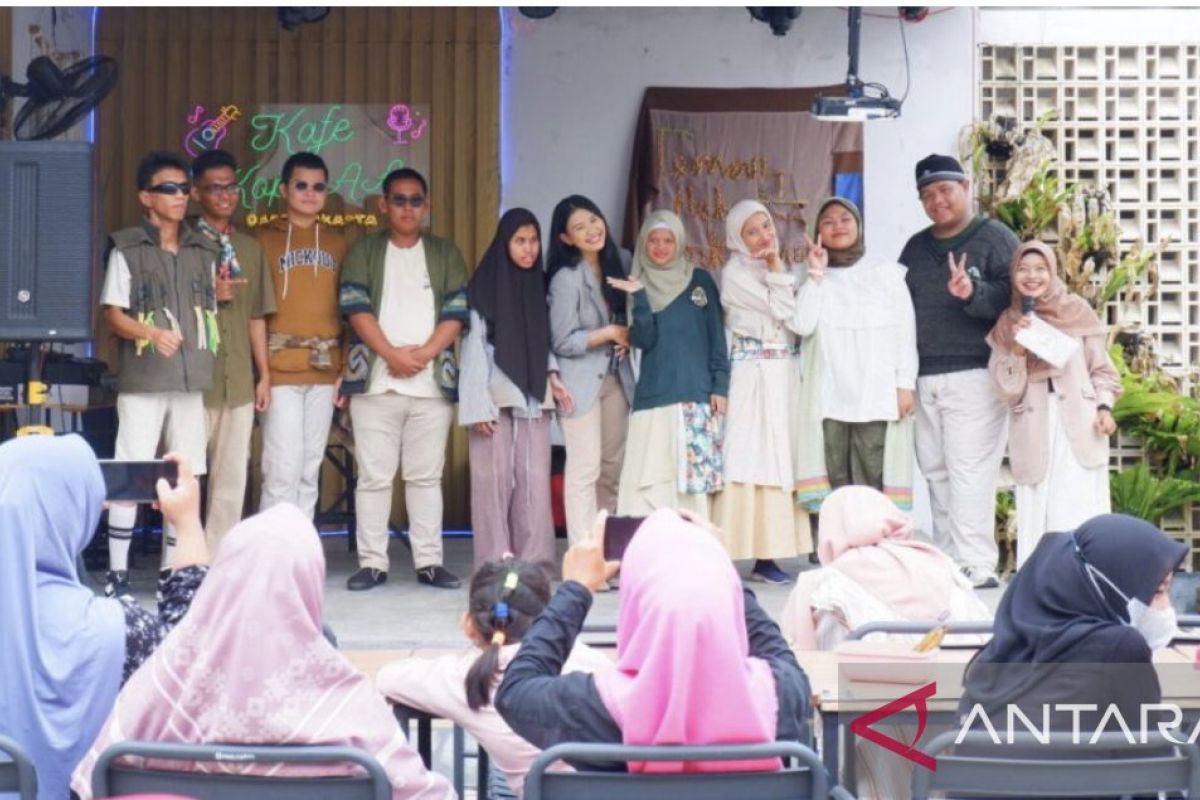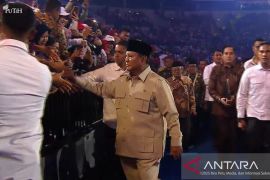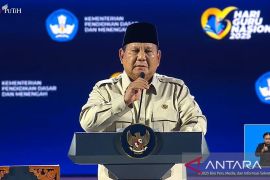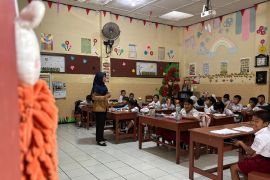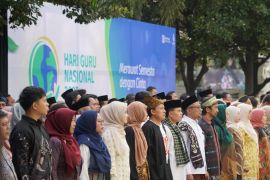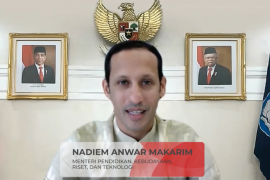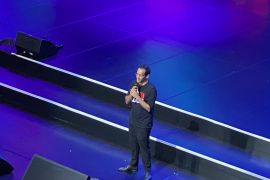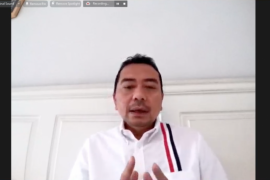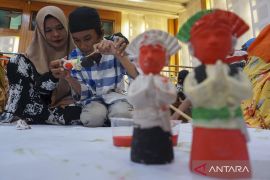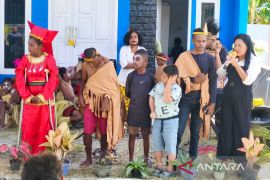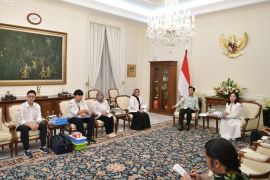National Education Day is observed annually to raise collective awareness of the importance of education in people’s lives. Yet, the voices of people with disabilities are often unheard.
In a nation that embraces the motto Bhinneka Tunggal Ika (Unity in Diversity), access to education for people with disabilities remains limited.
People with disabilities still walk in loneliness, through quiet alleys, along roads that often collide with ignorance, discrimination, and an unfriendly system.
According to the Statistics Indonesia (BPS) data from 2023, there were more than 22 million people with disabilities, but only a small fraction have succeeded in completing basic education, and even fewer have accessed higher education.
The report "Landscape Analysis of Children with Disabilities in Indonesia," released by UNICEF and BAPPENAS in December 2023, found that children with disabilities experience significant inequalities in various aspects of life, including education, health, and social inclusion.
While the number of inclusive schools increased by 29 percent from 2020 to 2021, children with disabilities still have fewer opportunities to attend school and complete their education compared to their non-disabled peers.
Those attending schools still face disparities in their learning activities, such as unaccommodating classrooms, curricula, teachers, and societal stigma, all limiting their ability to embrace the future.
Unfortunately, society tends to view these boundaries as normal. Society is accustomed to seeing education as a right that must be "given" only when someone is considered "normal."
In fact, education is not a gift or a reward but a path that should be equalized for anyone, regardless of their physical, bodily, or intellectual differences.
UNICEF Representative for Indonesia, Maniza Zaman, emphasized that every child, regardless of ability, deserves equal opportunities to develop.
Unfortunately, children with disabilities continue to face inequalities in all aspects of their development.
It is time for everyone to acknowledge and address this challenge to create an inclusive environment that unlocks every child's limitless potential.
Supportive Regulations
Aisyah Wina Putri, founder of the Teman Hebat Berkarya Foundation, an institution for the education and empowerment of adults with disabilities, stated that equal access to education has not yet been fully realized.
According to Putri, the current system and practice have not fully accommodated the needs of people with disabilities.
"This is one of the major obstacles that leaves many students with special needs neglected," she remarked.
She believes it is time to realize a more inclusive learning environment where everyone, regardless of condition or ability, can be supported to develop optimally.
Indonesia has various regulations regarding this matter. Law Number 8 of 2016 on Persons with Disabilities explicitly states that every person with disabilities is eligible to receive quality education in inclusive educational or special educational units.
Regulation of the Minister of Education and Culture Number 70 of 2009 concerning Inclusive Education also states that public schools should be open to children with special needs.
However, in practice, these regulations had yet to be optimally implemented.
Many schools lack supporting facilities and infrastructure, such as building accessibility, learning aids, and educators who understand individual approaches and alternative communication. Some schools even subtly refuse to admit students with disabilities.
National Education Day should prompt all stakeholders to review the country's education development.
It is time for this nation to stop interpreting education as a ceremonial event with slogans and promises and start seeing it as a concrete space where social justice is put to the test.
Inclusive education is not merely about building special schools or integrating students with disabilities into regular schools.
More profoundly, inclusive education means designing an education system that respects diverse learning styles, offers a flexible curriculum, and prepares teachers and the community to embrace differences.
Indonesia can learn from countries such as Finland and Canada that have long integrated an inclusive education approach into their national systems.
In these countries, children with disabilities do not need to beg for attention. They receive the same rights structurally and culturally.
Inclusive Schools
Indonesia needs concrete steps starting from affirmative funding for inclusive schools, ongoing training for teachers, to public campaigns to change the way society views disabilities.
The central and regional governments should set quota targets for including children with disabilities in the national education system, as an indicator of the nation's progress.
However, this responsibility also extends to civil society, the media, the business world, and the education community as part of this movement.
A collaborative ecosystem is needed, where people with disabilities are not just beneficiaries of assistance but are also involved as subjects of change, as teachers, speakers, policymakers, and inspirations to others.
Inclusive education is not about pitying those who are different, but about celebrating differences as part of the nation’s intellectual wealth.
The meaning of National Education Day must be brought to life with the courage to ask: have we given the most marginalized, the most silenced, the most ignored children space to learn and grow?
If the answer is no, then National Education Day should serve as a day of reflection, not celebration.
True education liberates and that freedom cannot be monopolized by a body or mind that is considered perfect.
In a fair classroom, all children sit on equal footing, not because they are the same, but because they are equally valuable. That is where National Education Day finds its truest meaning.
Related news: One Data to empower people with disabilities: minister
Related news: MPR stresses need to improve inclusive education awareness
Related news: Presidential staff seeks synergy to improve education for disabled
Translator: Hanni Sofia, Resinta Sulistiyandari
Editor: Primayanti
Copyright © ANTARA 2025
